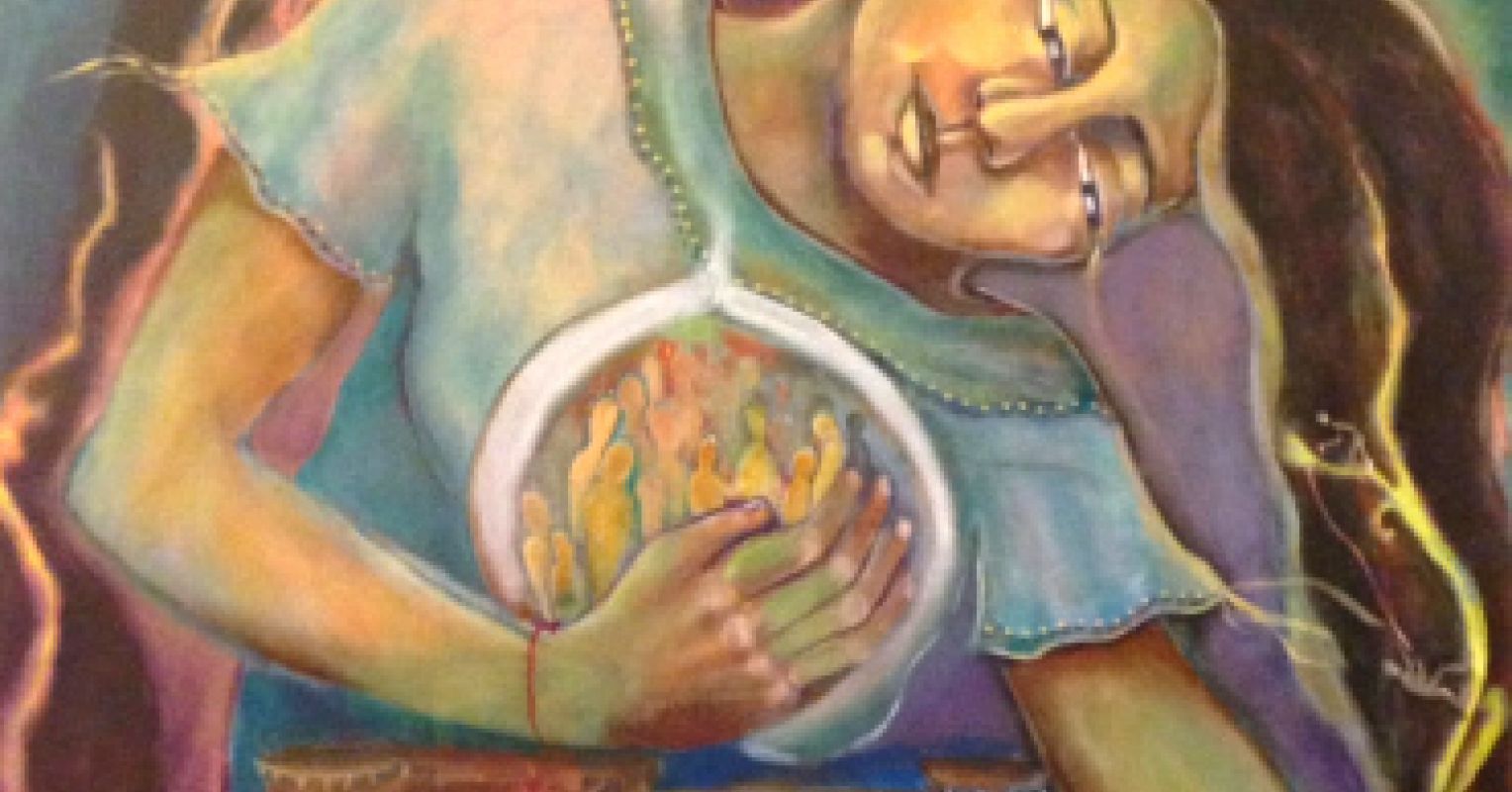Art has been an integral part of human history and culture for thousands of years. Across different eras and civilizations, art has played a profound role in society and in the lives of individuals. Understanding the importance of art can lead to greater creative expression, cultural appreciation, and even personal fulfillment.
Art Allows Self-Expression and Creative Thinking
One of the key reasons that art holds such significance is that it provides a medium for free self-expression. The creation of art allows the maker to convey emotions, ideas, or concepts that may be difficult to communicate otherwise. Art taps into the imagination and allows ideas to manifest in sound, color, shape, or form. Accordingly, art can promote higher-order critical thinking and problem solving as the mind engages with creative challenges. Famous twentieth century artist Pablo Picasso captured this sentiment when he stated: “Every child is an artist. The problem is how to remain an artist once we grow up.”
Art Preserves Culture and History
Art also serves as a way for cultures to document their histories and preserve knowledge and tradition. Cave paintings from over 30,000 years ago, Egyptian hieroglyphics, Ancient Greek sculpture and pottery, and early Chinese calligraphy all give modern civilizations a glimpse into what life was like in eras long past. As a result, art allows contemporary societies to learn about their ancestors. Influential philosopher George Santayana famously stated that “those who cannot remember the past are condemned to repeat it.” In this sense, art plays a pivotal role in recording history so that humanity can learn from past mistakes.
Art Builds Bridges Between Cultures
Additionally, art facilitates greater cultural awareness and understanding between civilizations. Styles and artistic traditions differ greatly across the world. However, by studying and appreciating art from diverse cultures, people can gain insight into the values, beliefs, and perspectives of those from different backgrounds than their own. Such multicultural fluency promotes open-mindedness, empathy, and global citizenship. Organizations like UNESCO (United Nations Educational, Scientific and Cultural Organization) recognize the potential of art to foster intercultural dialogue and cooperation.
Also read: Inherent Behaviors and Human Nature
Economic Impact
On a financial level, art also provides economic benefits for many industries and communities. Reportedly, the global art market was valued at over $50 billion in recent years. Supporting professions like curating, dealing, conservation, and education rely on the art economy. At the local level, art spaces like museums and galleries attract tourism revenue for cities and towns. Such economic ripples highlight how art positively affects financial factors along with social and cultural dimensions.
Individual Well-Being
Finally, engaging with art can enrich people’s lives on an individual level as well. Numerous studies have indicated correlations between interaction with art and benefits such as improved focus, lowered stress levels, increased happiness, and positive emotions. The visual nature of art resonates with the mind. In one study at the University of Westminster in London, participants reported feeling happier after just 45 seconds of viewing art. Scientists have also explored neurological reactions to aesthetically pleasing artwork using MRI scans. The results imply that the human brain may have evolved specific circuitry to process and enjoy visual art. As pioneering researcher Eric Kandel concluded: “Art helps us see and understand in new ways.”
In summary, the creation, preservation, and experience of art offers far-reaching advantages spanning from self-actualization to community cohesion. Sociologist Simon Schama may have described it best by writing: “Art touches the deepest aspects of our being.” Understanding why art has captivated humans across millennia offers insight into the past and provides inspiration for the future. By supporting artistic endeavors and experiencing art from different eras and cultures, all of human society stands to benefit at individual and collective levels.
